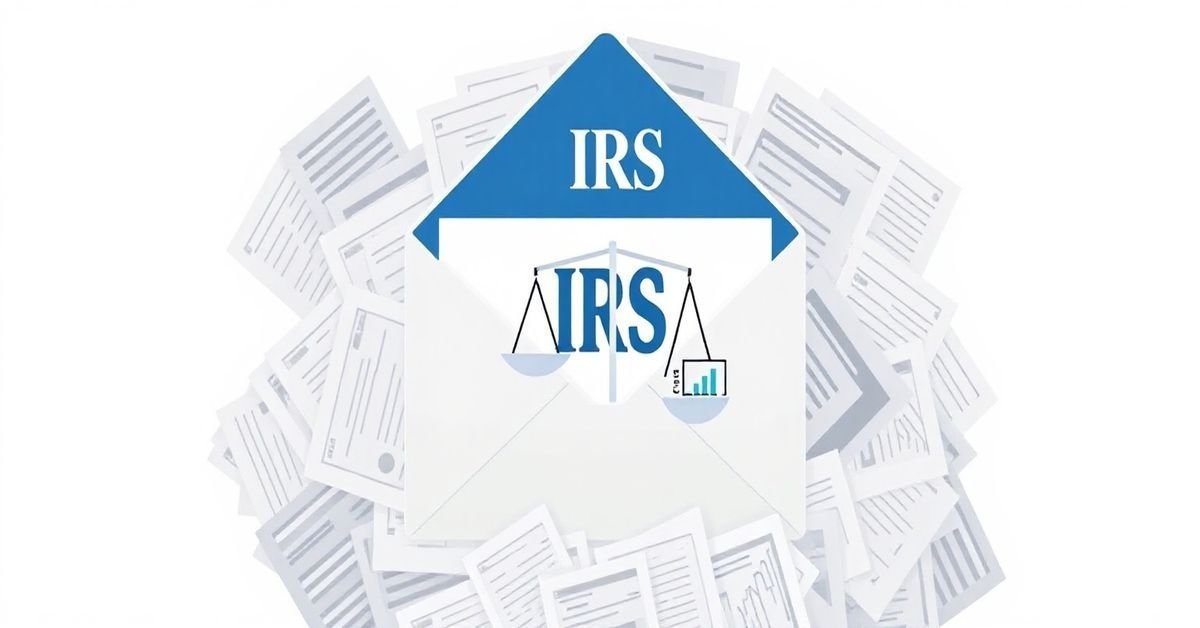CP80 Notices vs. Other IRS Notices
It’s easy to get confused with the variety of IRS notices. Here’s a quick overview of how a CP80 notice differs from other common notices:
- CP501/CP503/CP504 Notices: These are notices demanding payment for taxes owed. They are usually issued if you have unpaid taxes, penalties, or interest. A CP80 is not a notice about unpaid taxes, and therefore will not include a demand for payment.
- CP2000 Notice: This notice indicates that the IRS has found discrepancies between the information you reported on your tax return and the information the IRS received from third parties, such as employers, banks, etc. A CP80, on the other hand, does not indicate an error on your return, but it is a notification about an adjustment to your tax account.
- CP14 Notice: This is a very common notice that is a demand for payment, and it means that you owe taxes to the IRS and are being informed that you need to pay your tax liability. A CP80 notice does not include a demand for payment.
- CP12 Notice: This notice informs you that the IRS has made a correction to your tax return that resulted in a smaller refund or an amount you owe. The CP80 notice is not the same, as it is used to notify you about an adjustment to your account, often due to an overpayment or the application of a credit.
It’s important to understand what each notice means, so you can properly address any issues with your taxes.



